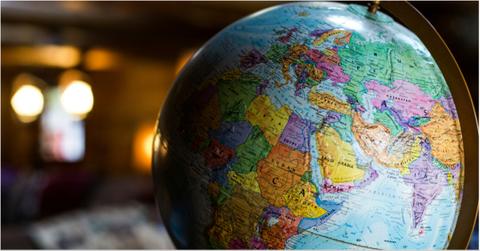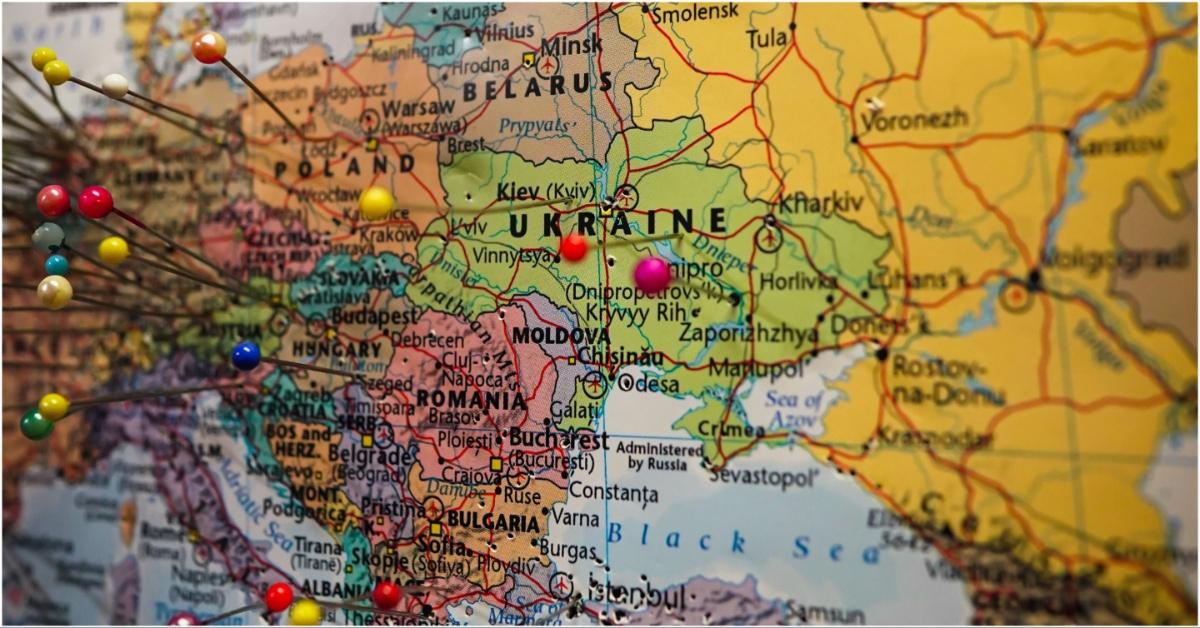How Many Countries Have Birthright Citizenship? Fewer Than You Might Expect
The number of countries with birthright citizenship is surprisingly lower than most people realize.
Published May 15 2025, 10:49 a.m. ET
If you’re born in a country, you’re a citizen — right? That’s what a lot of people assume. However, that is only true in countries that have birthright citizenship. Now, you are probably wondering: how many countries have birthright citizenship? Turns out, the answer might surprise you.
During his 2025 term, President Donald Trump has made the world more than a little curious about birthright citizenship as he fought to end it in the United States. According to Reuters, the idea terrified pregnant immigrants living in the U.S.
So, was President Trump fighting a losing battle? Or is birthright citizenship not as common as people think it is?
How many countries have birthright citizenship?
For starters, it helps to understand exactly what we are talking about here. Birthright citizenship — also called jus soli, Latin for “right of the soil” — means that if you’re born in a country, you automatically get citizenship, no matter where your parents are from. Sounds simple, right?
But, globally? It’s not the norm.
According to Al Jazeera, only about 33 countries offer this kind of unconditional birthright citizenship. Furthermore, a large chunk of them are in the Americas. We’re talking the U.S., Canada, Mexico, Argentina, Brazil ... that whole neighborhood.
Meanwhile, places like Europe, Asia, and Africa mostly follow jus sanguinis — “right of blood.” Basically, your citizenship depends on who your parents are, not where you were born. Some countries even combine both systems, adding requirements like how long your parents have lived there, or whether they’re legal residents.
Here’s the kicker: The list of countries with true jus soli is shrinking. Countries that used to have it — like Ireland or the U.K. — have rolled it back. The reasons vary, but many are tied to concerns about immigration, national identity, and good old-fashioned politics.
With all of this information in mind, President Trump’s campaign to end birthright citizenship in 2025 was a little less of a reach than most people thought it was.
Which countries have birthright citizenship, and why are they sticking with it?
So, who’s still in the club as of 2025?
As of 2025, it’s mostly countries in the Western Hemisphere. The U.S. is the most high-profile example, but it’s not alone. Canada, Chile, Jamaica, and nearly every Latin American country still grant automatic citizenship to anyone born on their soil.
Why? A lot of it comes down to history. These nations were shaped by immigration. Their laws reflect a more open, welcoming view of national identity. According to the Center for Immigration Studies, this kind of policy is often tied to colonial legacies or efforts to unify diverse populations under a single national umbrella.
Contrast that with places like Germany, Japan, or South Korea. These countries tend to see citizenship as something that is passed down — not something you automatically get just by being born in the right hospital. In Germany, for example, if your parents aren’t German, you can’t just claim citizenship unless they’ve been living there legally for a number of years.
Is one system better than the other? Well, that depends on who you ask.
So, why does this information matter?
Maybe you're not planning to move to Chile or debate immigration law with your cousin at Thanksgiving. Still, this matters. Citizenship isn’t just a passport — it’s access to rights, identity, and a sense of belonging.
When President Trump pushed to end birthright citizenship in the U.S., it wasn’t just a legal move — it was an identity-level conversation. Who counts as American? Who gets to count? Furthermore, how do other countries handle the same question?
Honestly, there’s no universal answer. Some countries see citizenship as a right. Others see it as something earned. Many, however, are stuck somewhere in between.

